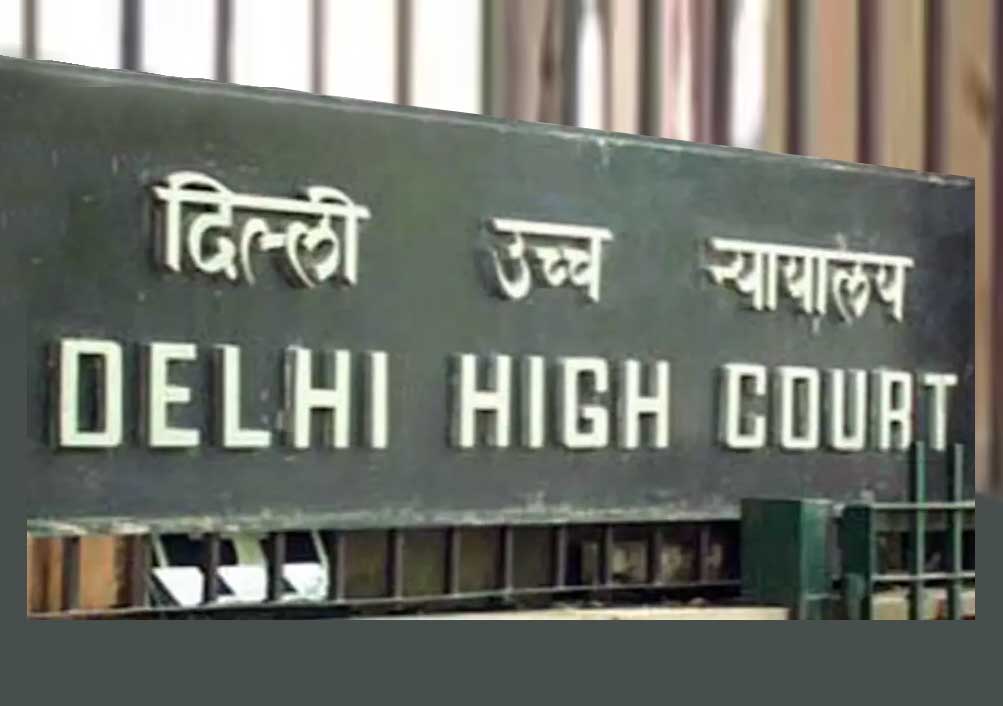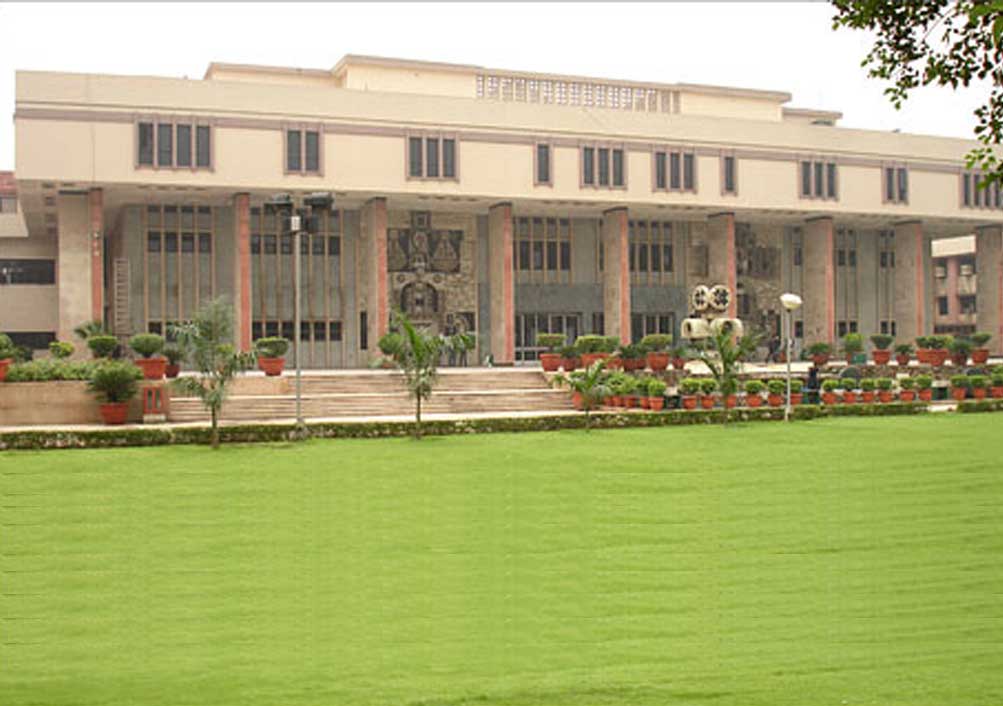Merely because additional time is taken in conducting Preliminary Enquiry before registering FIR, entire criminal proceedings can’t be quashed: SC

Read Judgment: The State of Jammu & Kashmir & Others vs. Dr. Saleem Ur Rehman
Pankaj Bajpai
New Delhi, November 3, 2021: The Supreme Court has opined that authorization permitting Inspector Nisar Hussain to investigate the FIR for the offences u/s 5(1)(d) r/w 5(2) of the J&K Prevention of Corruption Act, 2006 (J&K PC Act, 2006) and 120B of the Ranbir Penal Code (RPC) cannot be said to be vitiated, which warrants quashing of the entire criminal proceedings including the FIR.
Therefore, the High Court has committed a grave error in quashing the entire criminal proceedings holding that authorization in favour of Inspector Nisar Hussain was bad in law, relying upon the observations made by this Court in the case of State of Haryana v. Bhajan Lal [1992 Supp. (1) SCC 335], added the Court.
A Division Bench of Justice M.R Shah and Justice A.S Bopanna also observed that the offence under the Prevention of Corruption Act (PC Act) is a substantive offence and the investigation in respect of the offence under the PC Act, when considered and coupled with the offence of conspiracy, there is no requirement of prior sanction of the Magistrate.
Merely because the offence of the conspiracy may be involved, investigation into the substantive offence under the PC Act which is cognizable is not required to await a sanction from the Magistrate, as that would lead to a considerable delay and affect the investigation and it will derail the investigation, added the Bench.
The observation came pursuant to judgment passed by the High Court of Jammu & Kashmir at Srinagar in quashing the criminal proceedings being FIR No. 32/2012 and declaring Rule 3.16 of the Vigilance Manual, 2008 dealing with the Preliminary Enquiry (PE) being in direct conflict with the Constitution Bench Judgment of this Court in the case of Lalita Kumari vs. Government of Uttar Pradesh , and hence ultra vires.
The background of the case was that an FIR being FIR No. 32/2012, was registered against the respondent u/s 5(1)(d) r/w 5(2) of J&K PC Act, 2006 and Section 120B of RPC alleging that during 2010- 11, the Director Health Services, Kashmir along with the other accused persons misappropriated huge amount of government money by way of effecting purchases of sub-standard medical kits under National Rural Health Mission (NRHM) at highly exorbitant rates and in violation of the conditions of supply orders placed by the department.
When the respondent approached the High court, the entire criminal proceedings were quashed by holding that there was non-compliance of the mandatory provision u/s 3 of the J&K PC Act, 2006 and no prior sanction of the Magistrate for the offence u/s 120B as required u/s 155 of the J&K CrPC was obtained.
After considering the precedents and evidences, the Top Court noted that Inspector Nisar Hussain who was authorized to investigate the FIR for the offences was also authorized to arrest the accused persons whenever and wherever necessary.
Thus, it cannot be said that there was any non- application of mind on the part of the Senior Superintendent of Police authorizing the inspector Nisar Hussain to enquire into the FIR for the offences u/s 5(1)(d) r/w 5(2) of the J&K PC Act, 2006 and 120-B of the Ranbir Penal Code, added the Court.
The Apex Court said that all precautions are taken by the Senior Superintendent of Police authorizing the Inspector Nisar Hussain to investigate the FIR for the offences under the J&K PC Act, 2006.
The Top Court also highlighted that the High Court has erred in quashing the criminal proceedings on the ground that as the offence u/s 120B which is a non-cognizable, prior sanction as required u/s 155 of J&K CrPC is not obtained.
“On a close reading of Rule/Clause 3.16, it can be seen that even the same can be said to be in the interest of the accused and/or a person against whom the allegations are made and to safeguard the accused against frivolous complaints. As per Clause 3.16 only after the Preliminary Enquiry is conducted and there is a prima facie case found, an FIR is required to be registered. Considering the nature of offences, a detailed enquiry is required and therefore it is observed in Clause 3.16 that a PE should be completed normally within a period of six months”, observed the Top Court.
Speaking for the Bench, Justice Shah opined that while holding a Preliminary Enquiry under Clause 3.16 of the Vigilance Manual, whatever is conducted will be in the form of enquiry into the allegations to consider whether any prima facie case is made out or not which requires further investigation after registering the FIR or not.
While considering the prima facie case for the purpose of registering the FIR, some enquiry/investigation is bound to be there, however, the same shall be only for the purpose of finding out a prima facie case for the purpose of registration of the FIR only, added Justice Shah.
The Bench further observed that whatever enquiry is conducted at the stage of Preliminary Enquiry, by no stretch of imagination, will be considered as investigation under the code of criminal procedure which can only be after registration of the FIR.
Even otherwise, merely because while holding a Preliminary Enquiry a detailed enquiry is made into the allegations made against the respondent which, can be said to be only for the purpose of finding out a prima facie case for the purpose of registration of the FIR and merely because some more time is taken in conducting the Preliminary Enquiry before registering the FIR, the entire criminal proceedings cannot be quashed, concluded the Division Bench.
Therefore, the Apex Court set aside the order passed by the High Court quashing the entire criminal proceedings for the offences under J&K PC Act, 2006 and RPC.
Sign up for our weekly newsletter to stay up to date on our product, events featured blog, special offer and all of the exciting things that take place here at Legitquest.




Add a Comment